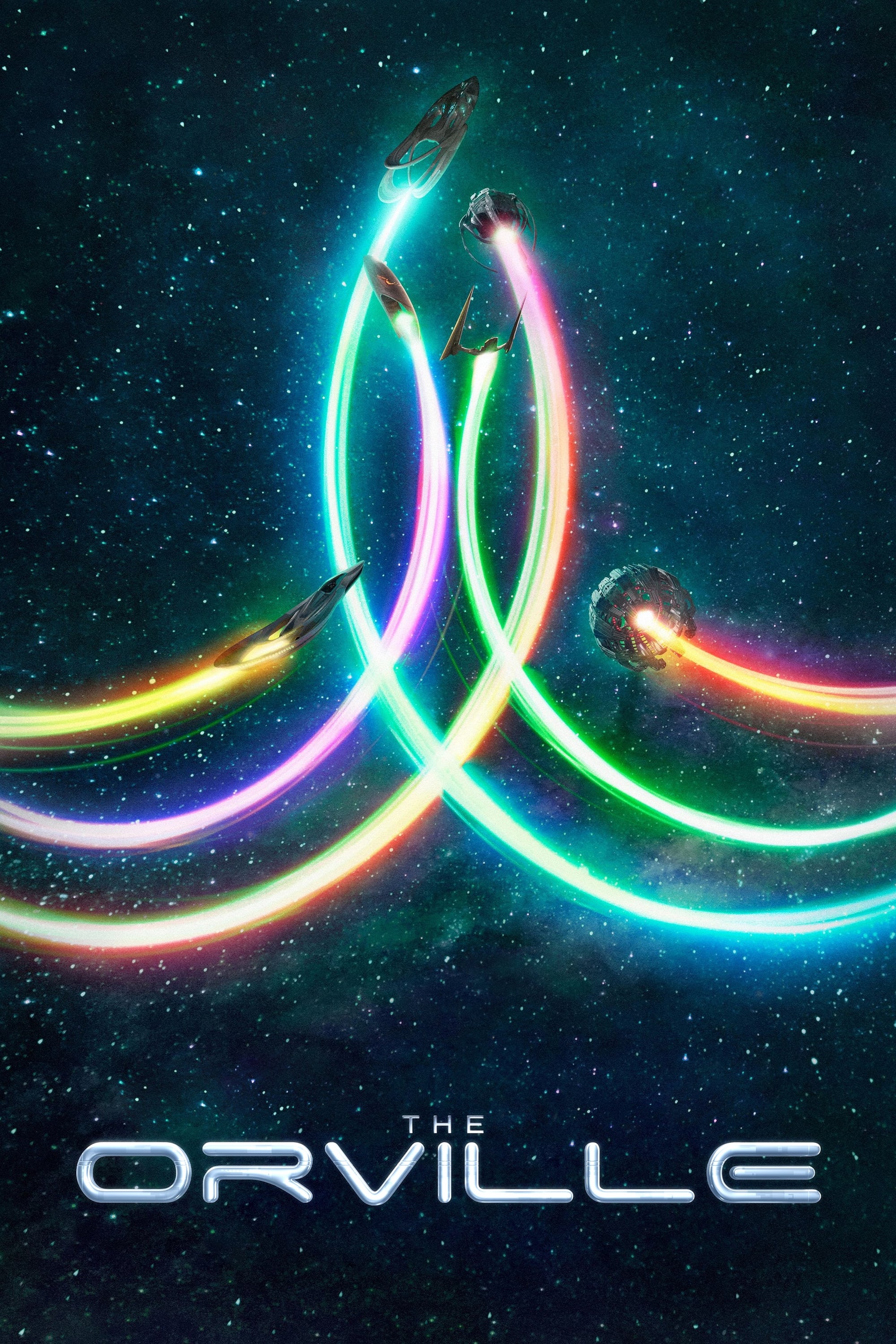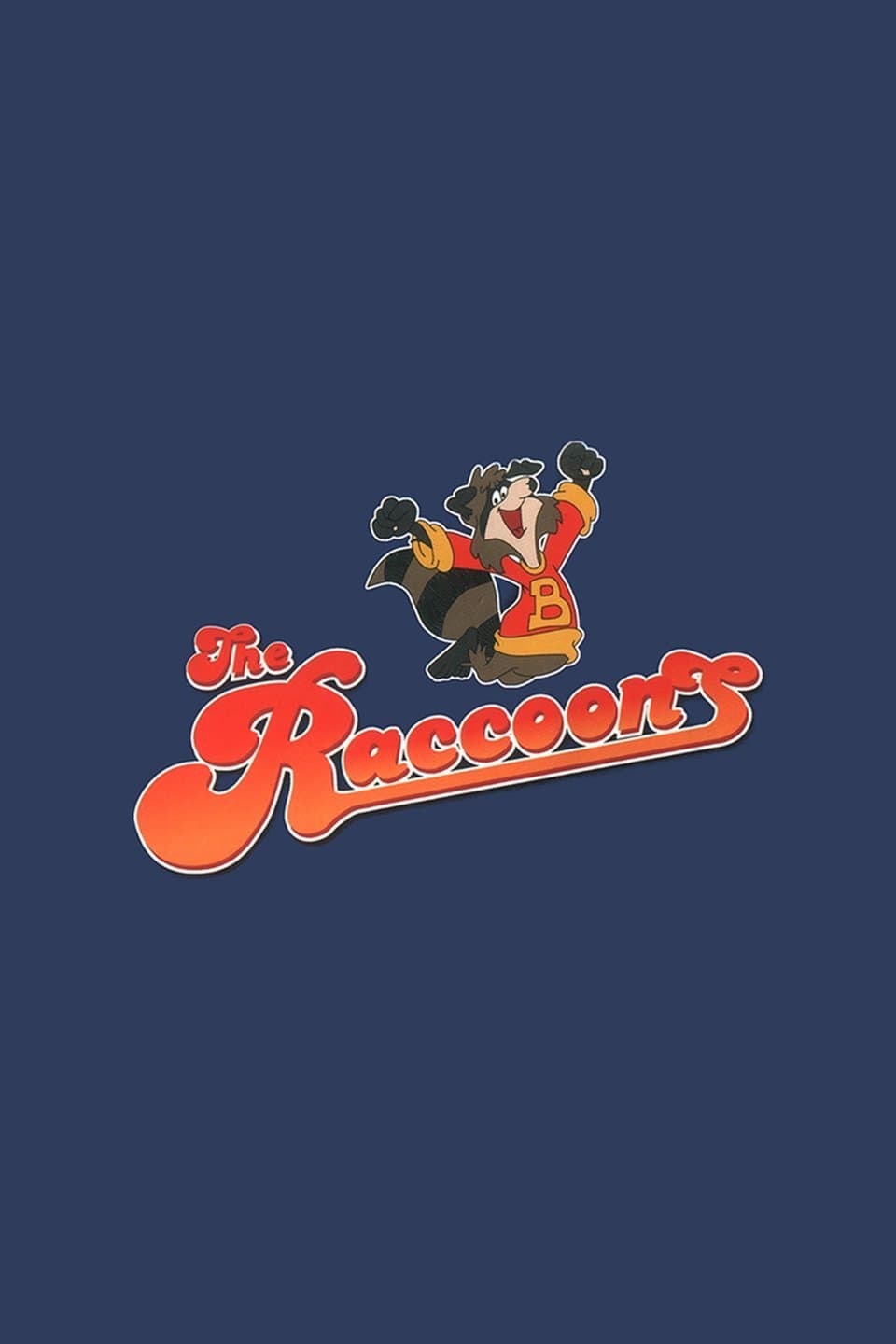
Corina Marti – Septem dies – Music at Prague University 1360-1460 (2021)
FLAC (tracks) 24 bit/96 kHz | Time – 01:03:49 minutes | 1,26 GB | Genre: Classical
Studio Masters, Official Digital Download | Front Cover | © Supraphon a.s.
The music played at Prague university according to mid-15th-century sources, following the Hussite wars and the institution’s renovation. The album provides a wide array of liturgical music, sacred pieces by young clerics, as well as music the university students played for entertainment. It features Gregorian chant, anonymous creations and compositions by Bernard de Cluny, Petrus Wilhelmi de Grudencz and Antonio da Cividale.
Read more
Corina Marti – KeyNotes: Early European Keyboard Music (2008/2021)
FLAC (tracks) 24 bit/96 kHz | Time – 01:05:52 minutes | 1,23 GB | Genre: Classical
Studio Masters, Official Digital Download | Front Cover | © Ramée
Some of the greatest works ever composed were conceived for and inspired by keyboard instruments. Today, however, the splendour of the canonical works for keyboard instruments composed after 1600 – Bach’s Preludes and Fugues, Beethoven’s Sonatas and Chopin’s Nocturnes – tends to overshadow works composed earlier, despite there being a rich history of repertoire and a variety of instruments at that earlier time. Corina Marti here not only explores the earliest keyboard music to be composed in Europe but also provides a fascinating insight into a world of virtuoso players and the music composed for them, playing a selection of instruments that are hardly known today: a metal-stringed clavisimbalum (an early form of harpsichord), an upright gut-stringed claviciterium, two organetti (portative organs) of different sizes, and the church organ in Altenbruch in northern Germany with its array of original pipes that date from the fifteenth century.
Read more
























